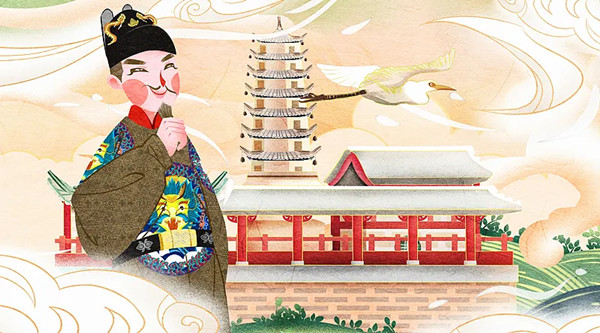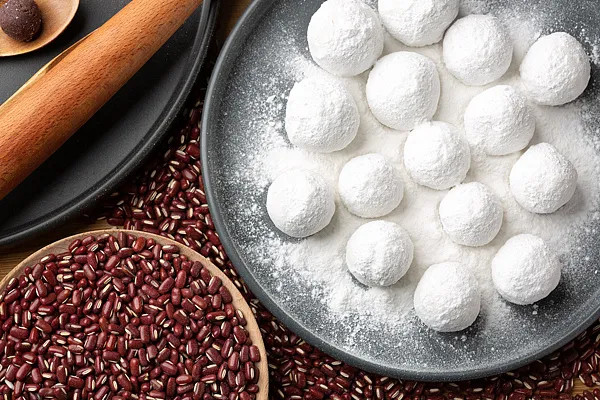Things you may not know about Start of Winter
The traditional Chinese solar calendar divides the year into "24 solar terms". The 19th solar term of the year is known as Start of Winter (li dong), which for this year began on Nov 7 and will end on Nov 21.
As the first solar term of winter, Start of Winter signifies winter is coming and crops harvested in autumn should be stored up.
Here are things you should know about Start of Winter.
01 Beginning of winter or not
In ancient times, the Chinese people considered Start of Winter to be the beginning of winter. However, it may not be the beginning of winter. The climate may be different each year, meaning the onset of winter could occur at different times. And due to China’s vast territory, winter does not begin in every area at the same time.
02 Welcoming winter in ancient times
The four beginnings of the seasons were important festivals in ancient times. Before Start of Winter, the ancient emperor would take a shower and have no more meat. On that day, the emperor would lead his officials to the suburbs and perform the ceremony of "welcoming winter".

03 'Nourishing the winter'
On the first day of Start of Winter, places in Fujian and Guangdong provinces, follow a custom of "nourishing the winter". To prepare for the oncoming cold winter, people there like to eat high-calorie foods such as chicken, duck, beef, mutton, and fish, which are usually stewed with traditional Chinese medicines.
04 Eating tuanzi (Rice Dumpling)
On the first day of Start of Winter, it is customary in parts of China to eat tuanzi (团子) a kind of traditional Chinese food made with rice. At this time, the autumn grain crops have just been sold on the market, and the tuanzi made from the newly harvested crops tastes delicious. The tuanzi stuffing can be made from sweet bean paste, radish, or lard.

Vocabulary:
立冬
lì dōng
Start of Winter
冬季的开始
dōng jì de kāi shǐ
beginning of winter
气候
qì hòu
climate
粮食
liáng shi
crops
节日
jié rì
festival
帝王
dì wáng
emperor
高热量食物
gāo rè liàng shí wù
high-calorie food

